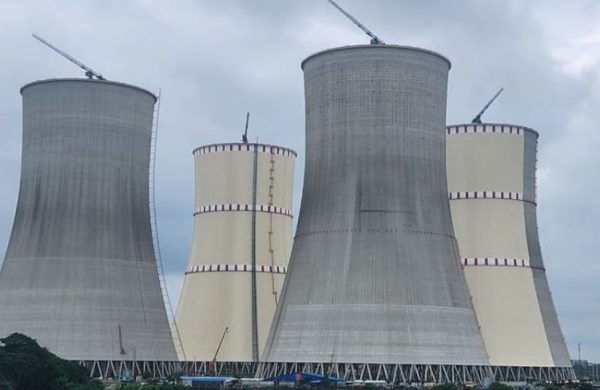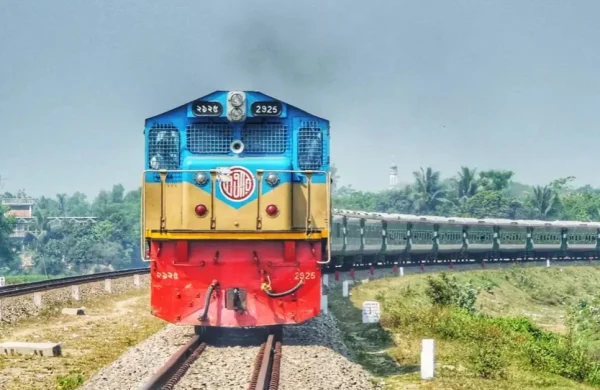Govt moves to clear Rooppur dues to Russia after US waiver
- Update Time : Sunday, August 17, 2025

Staff Correspondent:
The government is preparing to clear its overdue payments to Russia for the Rooppur Nuclear Power plant following a temporary waiver from the US Office of Foreign Assets Control (OFAC).
Earlier this month, OFAC, the US Treasury agency that enforces sanctions against countries and regimes in line with US policies, authorised Dhaka to proceed with the payments under certain conditions, including completion by December, officials said.
The finance ministry has since set the process in motion. The Economic Relations Division (ERD) has written to the Russian embassy in Dhaka seeking details on how the payments can be made, while the Bangladesh Bank is working on the technical procedure.
“Once we receive instructions from the Russian side, the proposal will be sent back to OFAC for final clearance,” said an ERD official on condition of anonymity.
ERD Secretary Md Shahriar Kader Siddiky confirmed the development but refused to elaborate.
“We will share information after the process is complete,” he said.
An ERD official told journalist that several other countries have received no-objection certificates from OFAC to conduct certain transactions under sanctions, and Bangladesh was likely to have followed a similar approach.
OFAC has granted clearance for transactions regarding non-military projects that began before sanctions.
The waiver for Bangladesh follows a formal request in April by the interim government to the US Treasury seeking permission for the payment.
A Bangladeshi delegation had also raised the issue with US Treasury officials at the World Bank-IMF Spring Meetings in Washington in the same month.
Bangladesh’s payment to Russia stopped in 2022 when the US and other Western countries imposed economic sanctions on the Eurasian country following its invasion of Ukraine.
Under the sanctions, major Russian banks, including the Bank for Development and Foreign Economic Affairs (VEB), the designated bank for the Rooppur project, were barred from using the Society for Worldwide Interbank Financial Telecommunication (SWIFT) system, which provides the main messaging network through which international payments are initiated.
The sanctions forced the Bangladesh Bank to deposit the funds to repay loans and interest for the $11.38 billion Russia-funded Rooppur Nuclear Power Plant into a third-party account, also known as an escrow account, that holds the assets of a transaction temporarily.
As of June this year, the account held $1.03 billion, of which $185 million had been disbursed to local contractors.
A senior official of the Bangladesh Bank said they will seek OFAC’s no-objection certificate again after learning the preferred payment channel and intermediary from Russia.
The official also said they are ready to release the funds once Washington and Moscow agree on the payment mechanism.
“It is yet to be confirmed if the payments would be possible, but we are ready to release the funds at any time as the money is set aside at a different account,” the official also said.
Russia has repeatedly sought payments following the sanctions, even in roubles if possible.
Bangladesh has also explored alternative options like sending payments through a bank in China, but that went nowhere as the Chinese banks did not agree with the proposals.
Under a 2011 agreement, the Eurasian superpower had provided Bangladesh with $500 million in 2013 for preparatory work and $11.38 billion in 2016 for the Rooppur plant’s construction.
Before sanctions took effect, Bangladesh had paid about $1 billion in interest and advance payments. Since then, both principal and interest payments have stalled, and a proposal to defer the start of principal repayments was rejected.
Under the existing schedule, repayment will begin in September 2028, with two instalments each year, in March and September, over a 20-year period.
As per the latest progress report of Bangladesh Power Development Board, the first 1,200MW unit of the 2,400MW plant is planned to begin commercial operations by December this year and the second one in December 2026.















